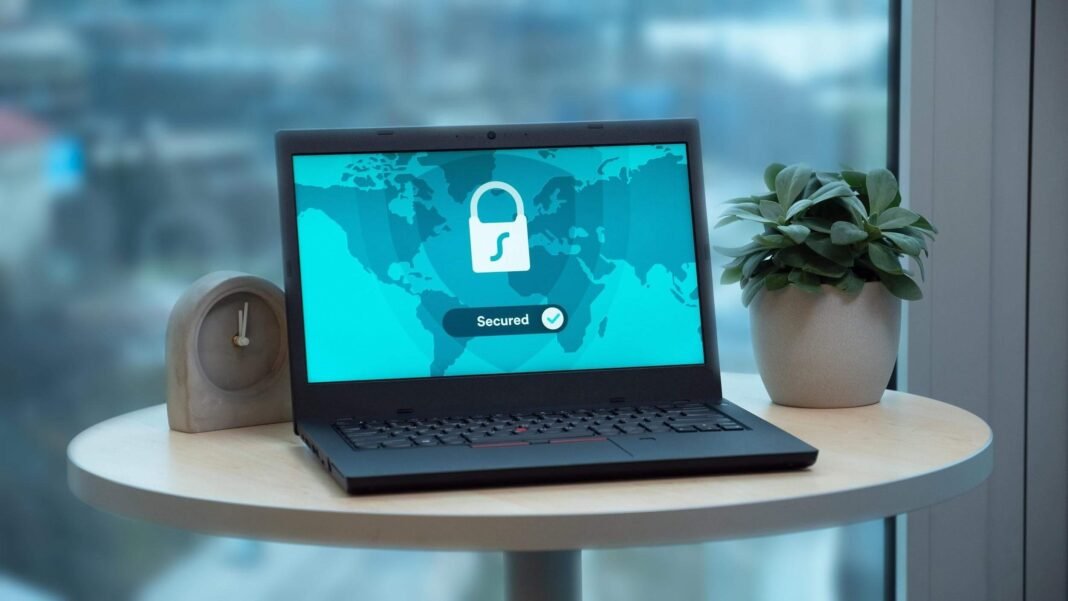Setting up a virtual private network (VPN) is one of the most effective ways of strengthening data privacy and computer security. VPN is a link between a protected server and a computer through which users access the Internet.
VPN allows you to enhance your web security and financial transactions, transmitted data, and personal information regardless of your location. It can also hide your IP address and prevent you from identity theft. Let’s dig deeper into how VPN can boost your data security and privacy.
Preventing bandwidth throttling
Bandwidth throttling occurs when network administrators and Internet service providers intentionally speed or slow the Internet services. In the issues of net neutrality and censorship, ISP is usually the perpetrator, although throttling can also occur in public networks in cafes, restaurants, hotels, and airports.
ISPs can throttle bandwidth to specific services, apps, and websites to discourage their usage. They can also throttle bandwidth to any services or content deemed offensive, inappropriate or sensitive.
A VPN can help to bypass throttling in some situations and also prevent you from possible data caps. A VPN encrypts the Internet traffic from all the devices and redirects it to the desired location of the users. Data encryption prevents the ISP or system administrator from accessing your web traffic content, allowing the server to disguise the traffic’s destination.
Effective use of VPN requires you to test Wi-Fi connection because some VPNs have the effect of slowing down the Internet connection. You don’t want to install, VPN server that will distract your services.
Safeguarding personal information
The majority of people today are using their mobile devices to access the Internet from various remote locations. From mobile banking to checking emails and online shopping, these result in a massive amount of data being transmitted in the process.
The massive use of the Internet exposes sensitive data and personal information to potential threats from cybercriminals. People who use public Wi-Fi are more exposed to such threats. Using VPN can mitigate data leakage and access to personal information by protecting your data during transmission.
A VPN redirects your web traffic, disguising the location of your phone, computer, or other devices when making contact with third-party websites. It encrypts data and information sent across the Internet, making it difficult to be interpreted by unauthorized users, including your ISP.
Enhancing browsing privacy
Many search engines, social media platforms, and shopping apps gather and analyze the search history on the Internet. They track the product’s views, social media posts liked and the links visited. They use the information gathered to provide content that is targeted to the users, including ads.
Clearing your browsing history cannot stop the services from tracking Internet activity. A VPN hides the browser location and cached data, thereby boosting your browsing security and privacy. This prevents companies from classifying content based on your location and Internet searches.
Accessing geo-blocked services such as Netflix
Some VPNs can access region-blocked content. They change the IP address so that the content provider thinks that you are accessing the web from a different location that permits access. It is important to check the terms of service to identify what the streaming service allows and follow the guidelines. Some countries may penalize you for circumventing the rules using VPNs.
You can use VPN to change the Netflix region. VPN uses an intermediary server in a given country to tunnel your Internet traffic. It can replace the real IP address with another one from a chosen country, thereby spoofing your location. Additionally, a VPN encrypts the web traffic to prevent unauthorized people from monitoring your activities. After setting up a VPN, you can gain access to the Netflix library when traveling and watch your favorite movies.
Safeguarding financial transactions
Think of how you use the Internet to send payments to an organization in any location. Failure to safeguard such transactions may lead to a huge financial loss as a result of the disclosure of personal details.
VPN can strengthen security by making it difficult to intercept and eavesdrop on your connection. Intercepting the connection makes it harder to decipher the information being transmitted.
Therefore, VPN is important, especially if you regularly use your Mac or Apple or any laptop while outside your workplace to access the Internet. VPNs allow users from remote to connect to any central location using their computers or mobile devices to complete financial transactions. Whereas VPN can strengthen data privacy, it does not guarantee malware prevention and so antivirus software would be essential.
Conclusion
VPNs can boost data security and privacy by preventing bandwidth throttling, safeguarding personal information, enhancing browsing privacy, accessing geo-blocked services, and safeguarding financial transactions. By using VPNs, you can remain anonymous online and this may prevent data from being accessed or interpreted by cybercriminals. Choose the best VPN depending on your specific needs, such as security, threat exposure, and budget.


